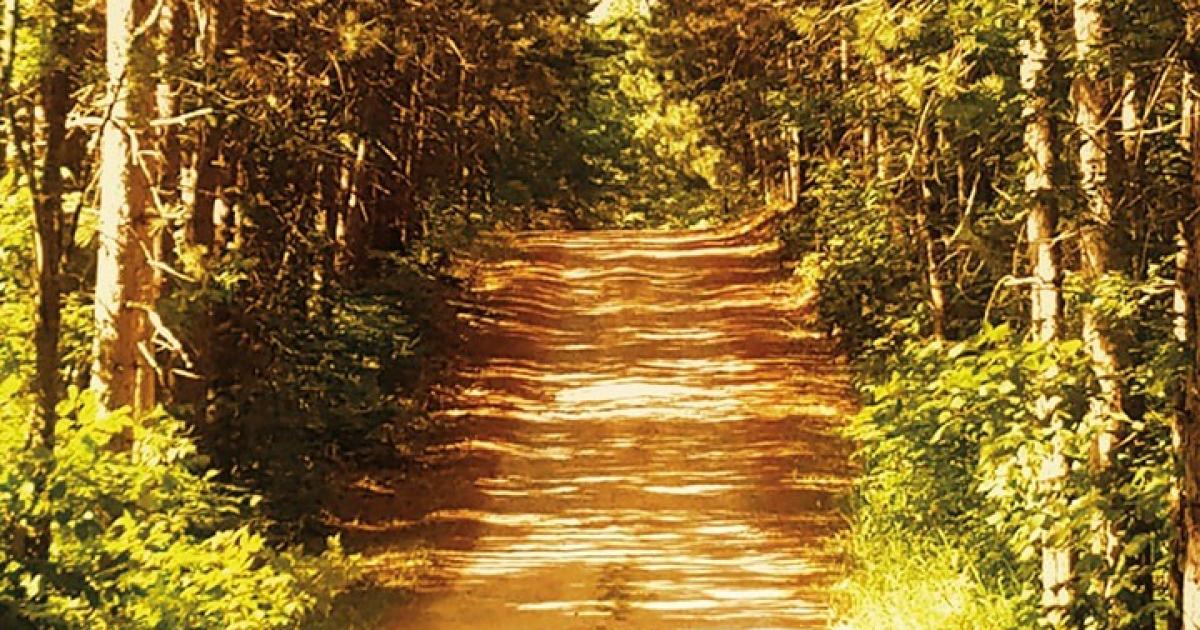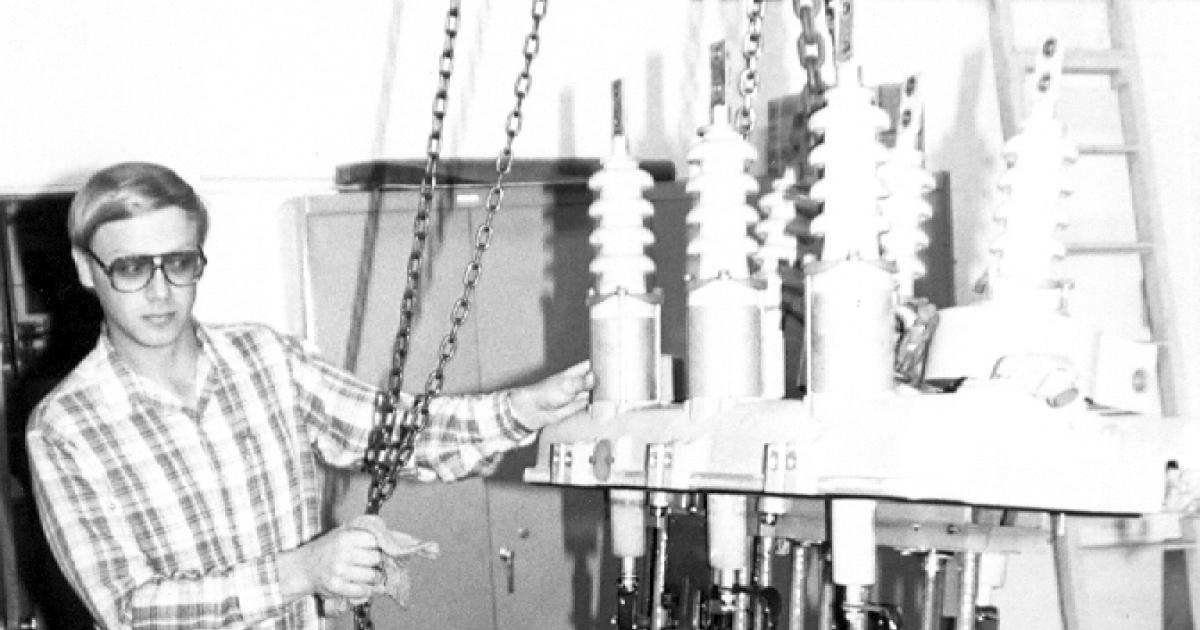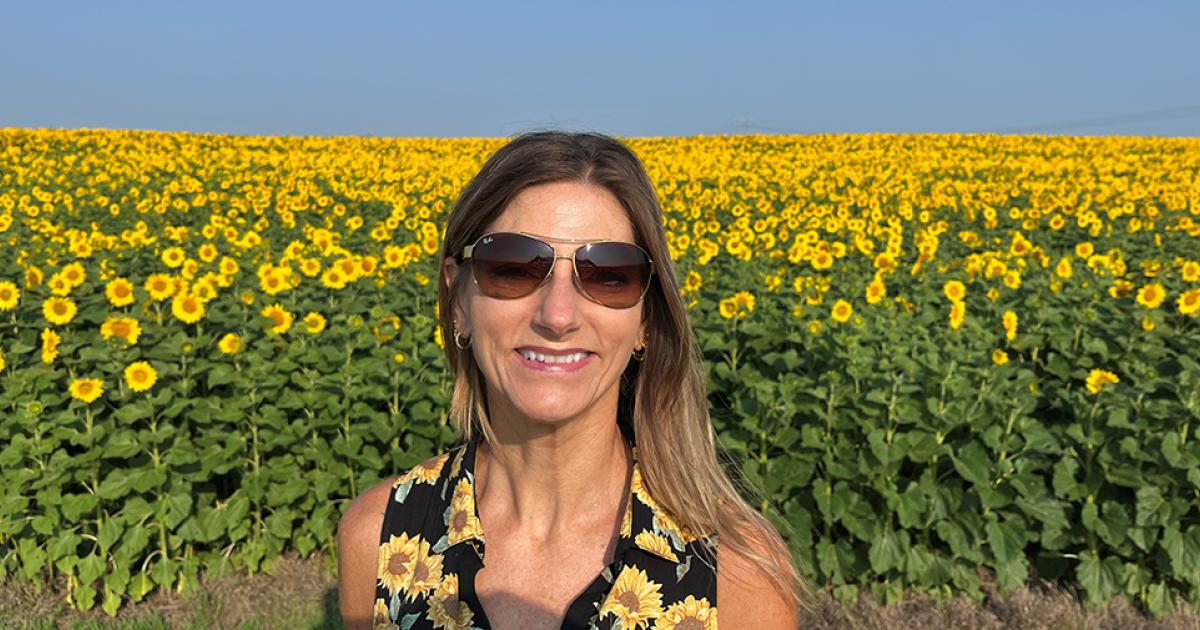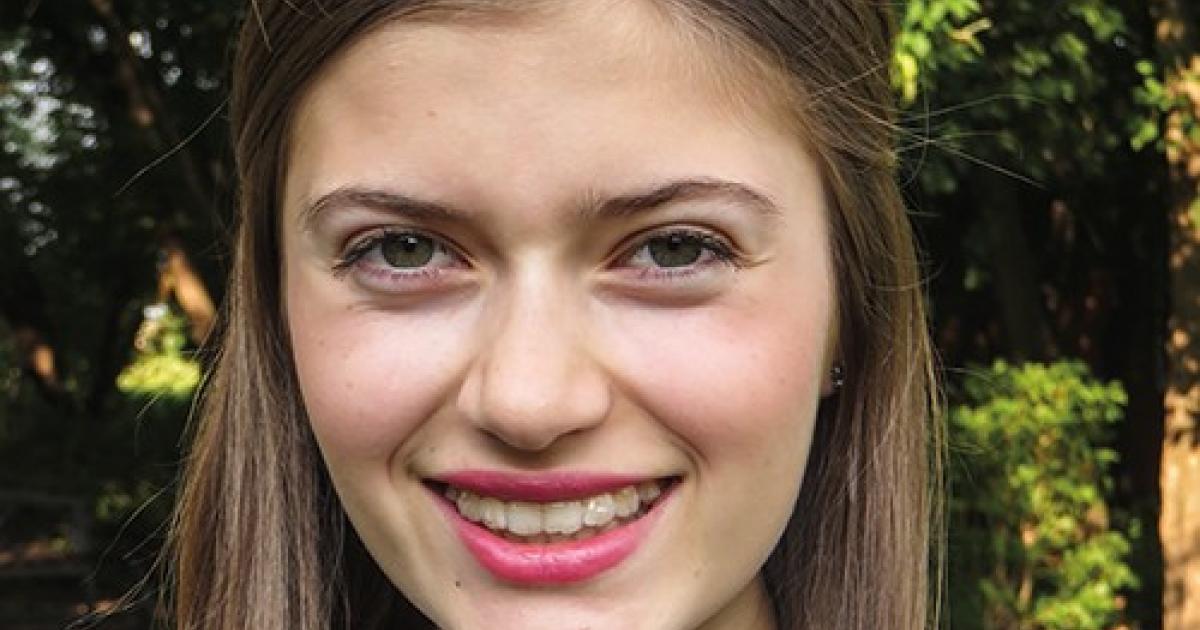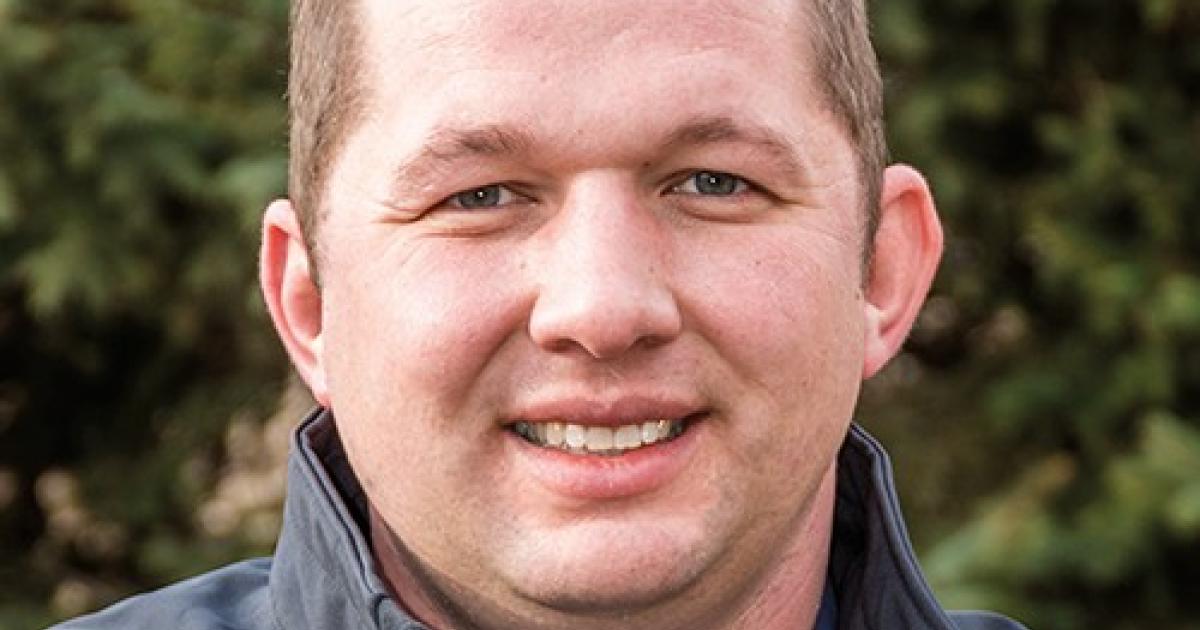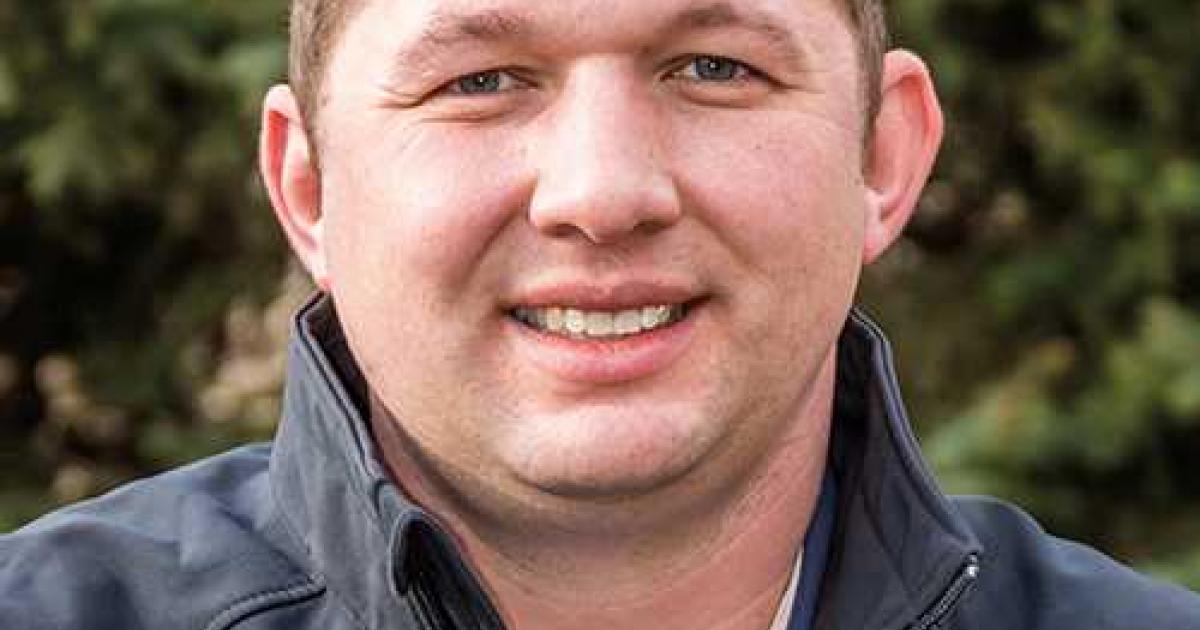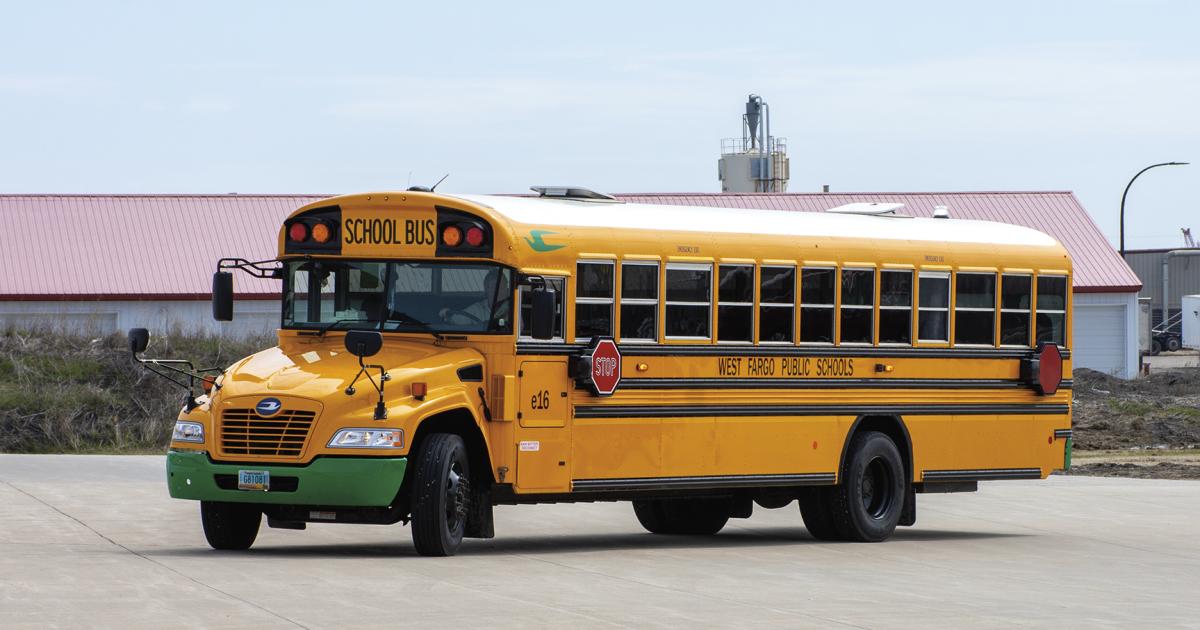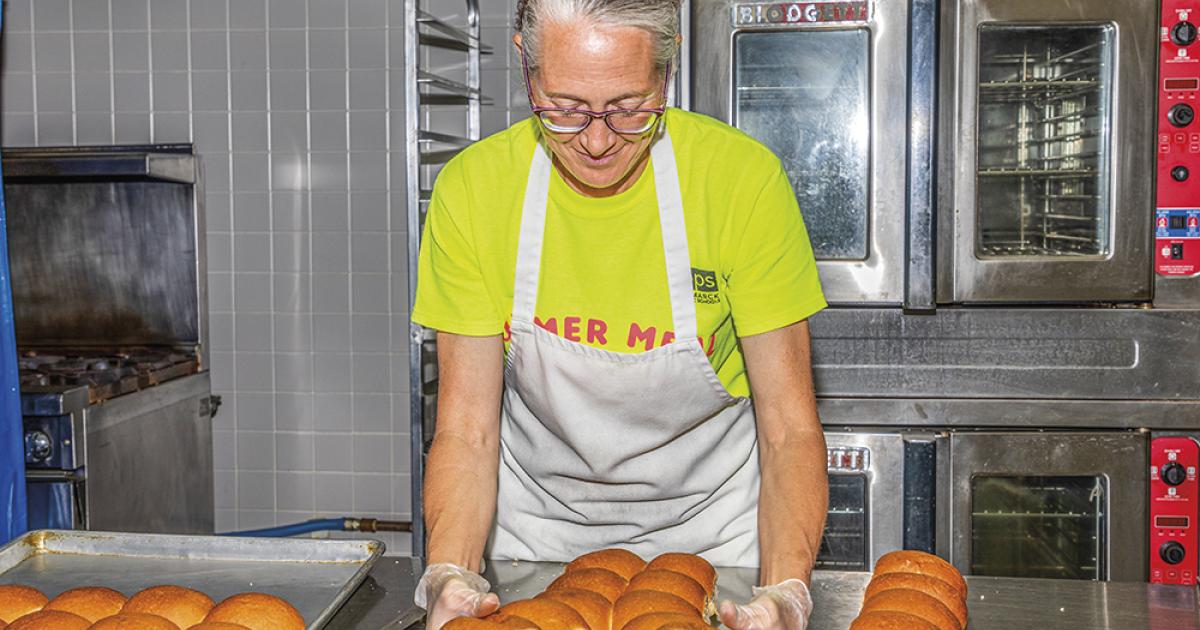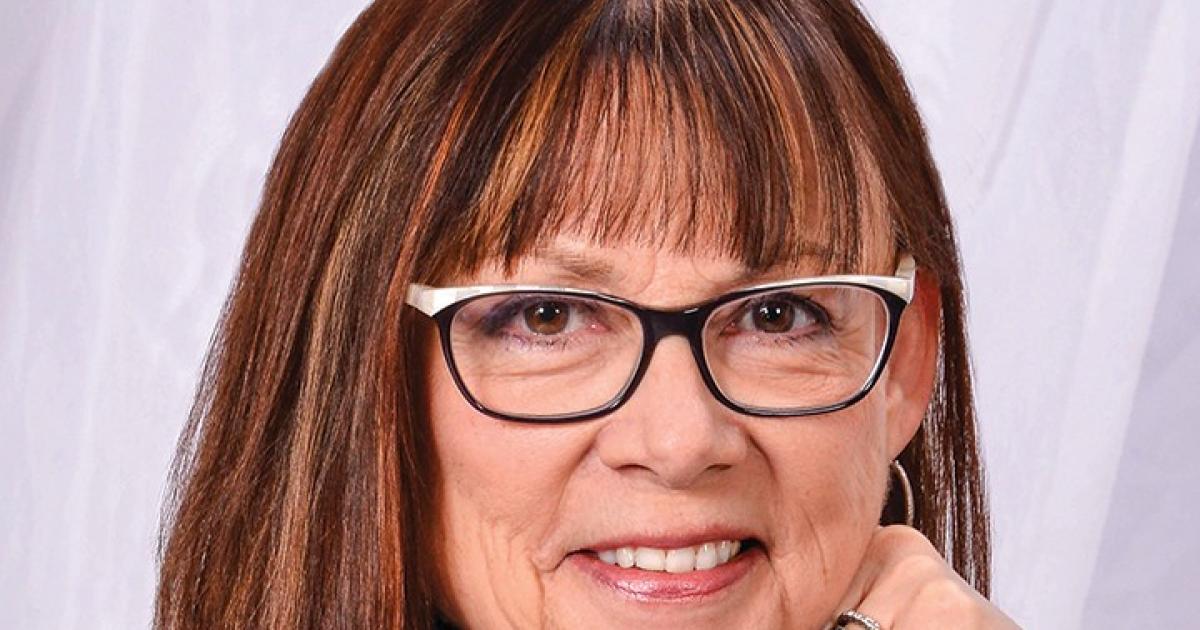Once upon a time: A COVID-19 conversation, part II
Once upon a time, a busy business owner said, “I wish I could slow down.” In another part of the kingdom, a stressed working mom sighed, “I wish I could spend more time with my kids.” And, every teenager in the land shouted, “We want to stay home from school and binge-watch movies!”
To their great surprise, a wish-granting genie appeared and said, “I’ll grant your wishes.” The teenagers had permission to stay home from school. The stressed-out mother gathered her children and squeezed them tight. She didn’t have to leave the house to go to work. The business owner? Business moved at a snail’s pace. Ahhh, time to catch up. How refreshing.
The people in the land marveled at many things. They could Zoom to work from home. They had hundreds, nay thousands, of movies at their fingertips. They could listen to a favorite singer livestream a concert while sitting on the couch. And, on Sunday they could attend church holding a coffee cup while in their pajamas.
Life was everything they ever wished for. COVID-19 made all those wishes come true. Moms and dads pulled games and puzzles from shelves and played with their children. Teenagers stayed up all night texting their friends. Everyone knew this “magic” couldn’t last forever. Certainly it would be gone in a week, or three, or a month or three months, or…
After a time, as in most fairytales, they learned an evil villain lurked in the shadows, putting people out of work, making people sick and scared. Some people in the village died. Others wore masks and tried to stay far away from others, fearful of contracting the terrible sickness. Doctors didn’t have a cure for this mysterious illness. They were worried and growing weary. So were the people in the village.
After putting together every puzzle, and playing Candyland and Monopoly for weeks on end, the people longed for days that had a schedule and work that needed to be accomplished. Even the teenagers grew tired of texting their friends. People no longer wanted to watch a movie alone. Listening to a concert alone wasn’t all that much fun anymore. They missed cheers and applause, voices loudly singing together to a familiar song. They wanted places to go where they could dress up, put on makeup, wear cute shoes (sorry, guys, this part is my fairytale), and eat at a fancy restaurant where someone else did the cooking.
What they had wished for wasn’t what they wanted at all.
Oh, they had reveled in the slowness and newness of it all. And then…they didn’t. The terrible illness went on and on. They should stay home. They shouldn’t hug their grandkids.
The people were frustrated and confused. There was no genie to change life back to the way it had been. They shook their heads, trying to understand how it was possible that in all their wishing for things to be different, they’d forgotten to be thankful for all the things they had.
They longed to smile at people and see them smile back. Their land felt empty and strange without friends, neighbors and even strangers milling about. Their lives weren’t the same without each other. They craved community.
It had taken almost a year to realize this. It had taken their scientists almost as long to discover ways to make this mystery illness not as terrible. People could see “the end.” They weren’t there yet, but it was coming.
Until then, they would hope and vow and pray (they were done with wishing) that they would never forget what they’d learned during what they called “The Terrible Time.” In the end, they learned they needed each other to make their lives complete.
Historians would look back and comment on the irony of “The Terrible Time” in 2020. The oldtimers were right: Hindsight really was 20/20.
The villagers who had lived through “The Terrible Time” were still amazed that in the 21st century they had lived through a plague. They had thought those kinds of events only happened in the “olden days,” not in modern times with advances in science and medicine. Living through history had been hard.
Their lives had grown busy again, but they remembered “too busy” and “not busy at all.” They remembered the part that wasn’t completely terrible, because that part taught them what was truly important. Smiles. Kindness. Family. Friends. Even strangers. All these things made life wonderful. And that, they remembered.
The end.
May we always remember what is truly important: each other.
Roxanne (Roxy) Henke spins her tales from her home in rural North Dakota. You can contact Roxy at roxannehenke@gmail.com.


